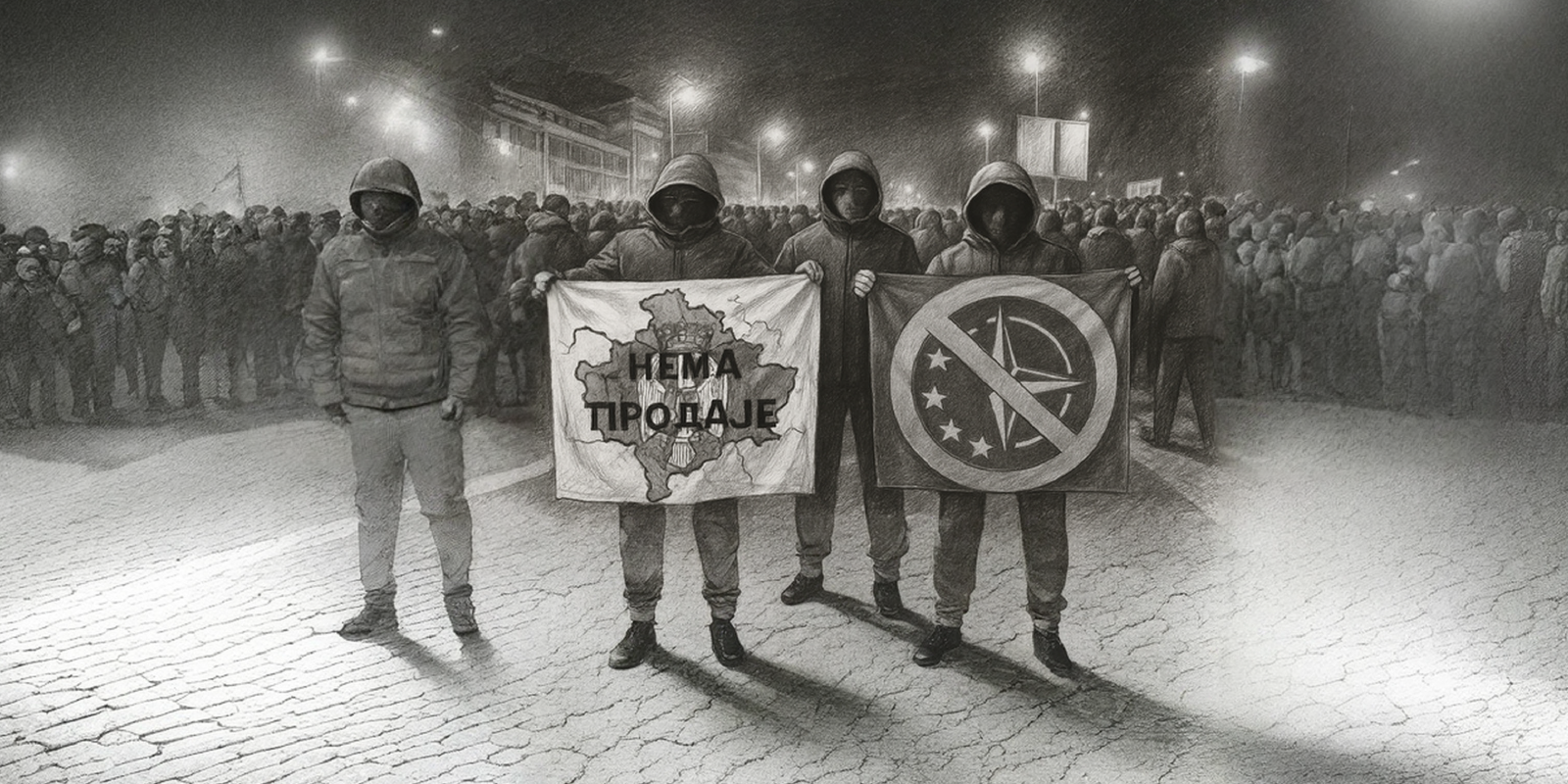PUBLICATION: Analysis
War Echoes Intensify Fears – Views of Serbian Citizens on Relations in the Region
The study analyses Serbian citizens' views on three main topics – the possibility of outbreak of conflict in the Balkans, Serbia's bilateral relations with its neighbours, as well as the key benefits and opportunities of regional cooperation and initiatives.
The citizens of Serbia are aware of the insecurity caused by geopolitical competition and conflicts in Europe. The war in Ukraine, which has been going on for a year now, has fuelled fears that it could spill over into the Balkans and lead to an open conflict in the region, primarily in Kosovo and Bosnia and Herzegovina. This is why the international and domestic attention has recently been focused on the tensions between Belgrade and Pristina, which, due to the lack of inclusive and functional dialogue, have led to localised riots and violent incidents. In the last few months, the media was informing the public about the erection of barricades in the north of Kosovo, and about the intervention of the special police forces of Kosovo and the resistance of the Serbian community to the introduction of Kosovo vehicle licence plates.
In Bosnia and Herzegovina, the political leaders of all three constituent peoples brought inter-ethnic tensions to a boil in order to gain political points for their parties before the elections. The political situation in Montenegro has been unstable since the fall of the DPS regime in the 2020 election. Since then, two governments have lost the majority support in the Parliament, while ethnic tensions have further deepened because of the agreement signed between the Montenegrin government and the Serbian Orthodox Church. Political tensions in North Macedonia have escalated in light of the French proposal for overcoming the issue of the Bulgaria’s veto on North Macedonia’s EU integration process and threaten to further destabilise current government and the situation in the country and provide space for the return of the previous regime.
The data presented in the report derive from the Western Balkans Security Barometer (WBSB) survey. WBSB is a new regional project launched by KCSS, and implemented in cooperation with the Belgrade Centre for Security Policy (BCSP) in Serbia and Center for the Study of Democracy and Governance (CSDG) in Albania, supported by the National Endowment for Democracy (NED). WBSB serves as an instrument to measure public perceptions in Albania, Kosovo and Serbia on different security-related issues. The findings demonstrate how citizens percept or are informed about the issues presented in this report. As such, the views presented in this report do not necessarily represent the views of the KCSS, BCSP, CSDG or NED.
Tags:
PDF PREVIEW
RELATED

Date: 22.10.2025.
Author: Jelena Pejić Nikić |
This policy paper examines Western Balkan stakeholders' perspectives on what is needed for meaningful enlargement and the EU reforms they consider essential for an effective expanded Union. Field research in spring and summer 2024 included 16 high-level interviews with representatives from all six countries of the region.

Date: 13.10.2025.
Author: Belgrade Centre for Security Policy
The subject of analysis is the content related to student and civic protests distributed on the Telegram channel “BUNT je stanje duha.”

Date: 04.08.2025.
Author: Vuk Vuksanović |
The analysis is based on the "Security Radar" public opinion survey conducted by the Friedrich Ebert Stiftung in selected European countries, including Serbia, and a comparison of public opinion findings for 2022 and 2025.





